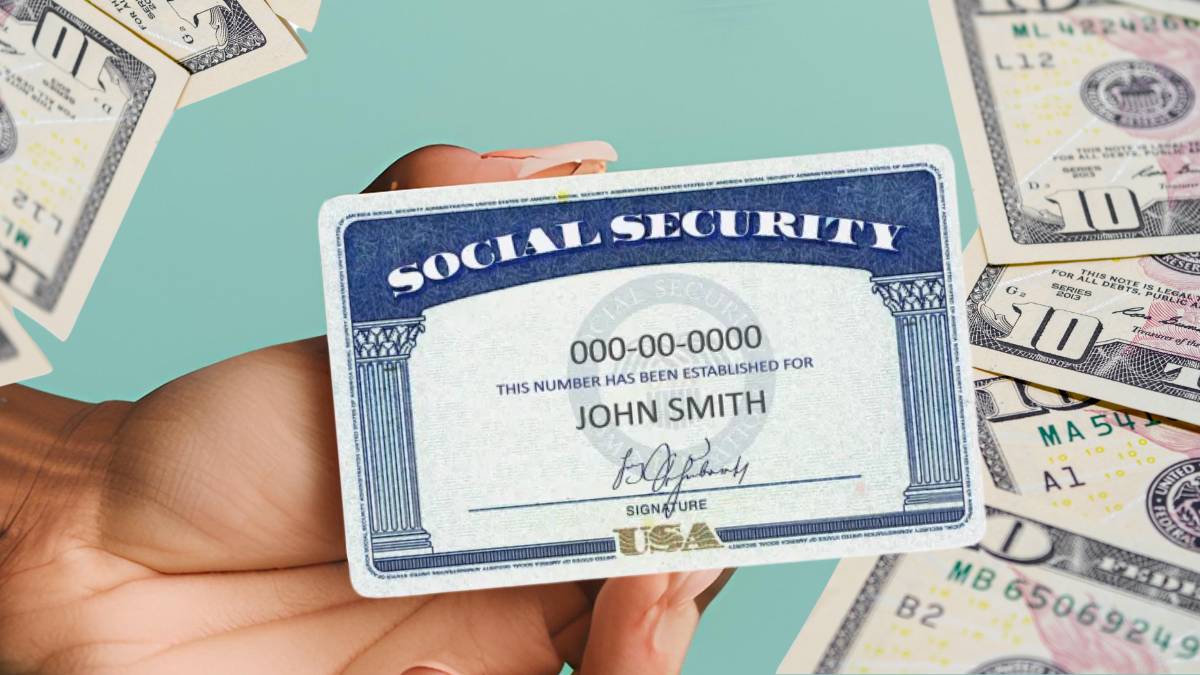In May 2025, Social Security beneficiaries will experience an unusual payment schedule due to non-business dates that generate changes and movements. While SSI payments adjust to the first day of the month, June presents an exception that results in two deposits in May.
To start, payments from the Supplemental Security Income Program (SSI) follow a clear rule: they are issued on the first day of each month, unless it coincides with a weekend or holiday. In May 2025, the 1st is Thursday, so payment will be made on that date. However, June 1st falls on a Sunday, moving forward to Friday, May 30th.
Social Security and its May payments: what you should know right now
Attention, because it does not mean that you are going to receive “extra” money in May, when you notice two deposits in your bank account, because in total there are twelve payments per year (one for each month): with the aforementioned change, in June you will notice that there is no payment, and that the next deposit, after this, will be scheduled for July 1.
Staying in May, retirement and SSDI (disability) payments are distributed based on the beneficiary’s date of birth and the date they began receiving benefits:
- May 2 (Friday): Beneficiaries who began receiving benefits before May 1997.
- May 14 (Wednesday): Beneficiaries born between the 1st and 10th of any month.
- May 21 (Wednesday): Beneficiaries born between the 11th and 20th of any month.
- May 28 (Wednesday): Beneficiaries born between the 21st and 31st of any month.
With the 2.5% cost of living adjustment (COLA) applied in 2025, the maximum Social Security benefit amounts are as follows:
SSI (Supplemental Security Income):
-
- Eligible individual: $967 per month.
- Eligible couple: $1,450 per month.
- Essential person: $484 per month.
- Eligible individual: $967 per month.
- Retirement:
- Disability (SSDI):
- Disabled worker: up to $3,917 per month.
- Disabled worker with spouse and children: up to $2,826 per month.
- Disabled worker: up to $3,917 per month.
- Survivors:
- Elderly widow(er): up to $1,832 per month.
- Widower with two children: up to $3,761 per month.
- Children of a deceased worker: up to $1,475 per month.
- Elderly widow(er): up to $1,832 per month.
The average monthly benefit for a retired worker was $1,975, while for a disabled worker it was $1,581.
By 2025, nearly 70 million beneficiaries receive SSA payments. The largest group are retired workers, who are almost 52 million recipients, and then disability (SSDI) recipients, who are almost 8.3 million. Finally, the surviving relatives of deceased workers number almost 5.8 million.
Some recipients in line to get extra money: the official explanation
The Social Security Administration (SSA) implemented revised payment protocols in April 2025, stemming from the Social Security Fairness Act passed in January 2025. This legislation, finalized during the final weeks of the Biden administration before the presidential transition, repealed two policies: the Windfall Elimination Provision (WEP) and the Government Pension Offset (GPO).
These provisions previously reduced benefits for over 3.2 million beneficiaries, primarily impacting public-sector workers like teachers, firefighters, and federal employees enrolled in the Civil Service Retirement System (CSRS). The new law aims to address disparities in benefit calculations for individuals receiving pensions from non-Social Security-covered employment.
The WEP adjusted Social Security payouts for beneficiaries with external pensions, while the GPO reduced spousal or survivor benefits for those receiving government pensions. Their elimination, effective January 2024, exempts 72% of state and local employees already covered under Social Security.
Retroactive payments began on February 25, 2025, targeting individuals affected by the WEP and GPO between January 2024 and March 2025. The SSA stated these adjustments aim to rectify historical inequities caused by the repealed provisions.




